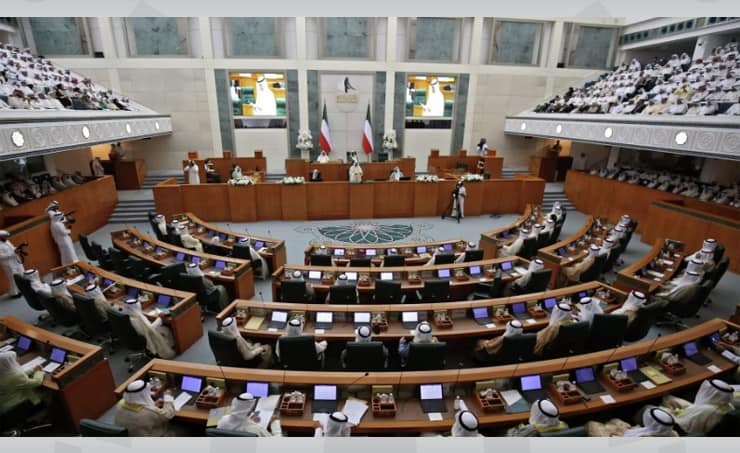Kuwait City, Kuwait–Kuwait dissolved parliament on Thursday after a protracted stalemate between cabinet ministers and lawmakers dragged on despite the accession of a new emir in December.
The official KUNA news agency said a “royal decree was issued to dissolve the national assembly” elected last June following a proposal by the prime minister that was approved by cabinet.
The royal decree carried by KUNA accused parliament of constitutional violations, including using “offensive and inappropriate” language.
The announcement came after ministers boycotted a parliamentary session on Wednesday in objection to a speech delivered by one lawmaker.
The speech by Abdul Karim al-Kandari referred to criticism of the cabinet as well as parliament levelled by the country’s new emir Sheikh Meshal al-Ahmed al-Sabah.
Cabinet ministers interpreted the remarks as an insult to the emir, who demanded improvements from the country’s executive and legislative branches in his inaugural speech in December.
Kuwait suffers from constant standoffs between elected lawmakers and cabinets installed by the ruling Al-Sabah family, which maintains a tight grip on political life, despite a parliamentary system in place since 1962.
The deadlocks have prevented lawmakers from passing reforms to diversify the economy, while repeated budget deficits and low foreign investment have added to the air of gloom.
In his inaugural speech, the emir rebuked parliament and the cabinet for failing to fulfil their “national obligations”, while accusing them of harming the interests of the state and its people.








